Navigation auf uzh.ch
Navigation auf uzh.ch
We are delighted to share that we have just released a new paper which presents our most recent dataset!
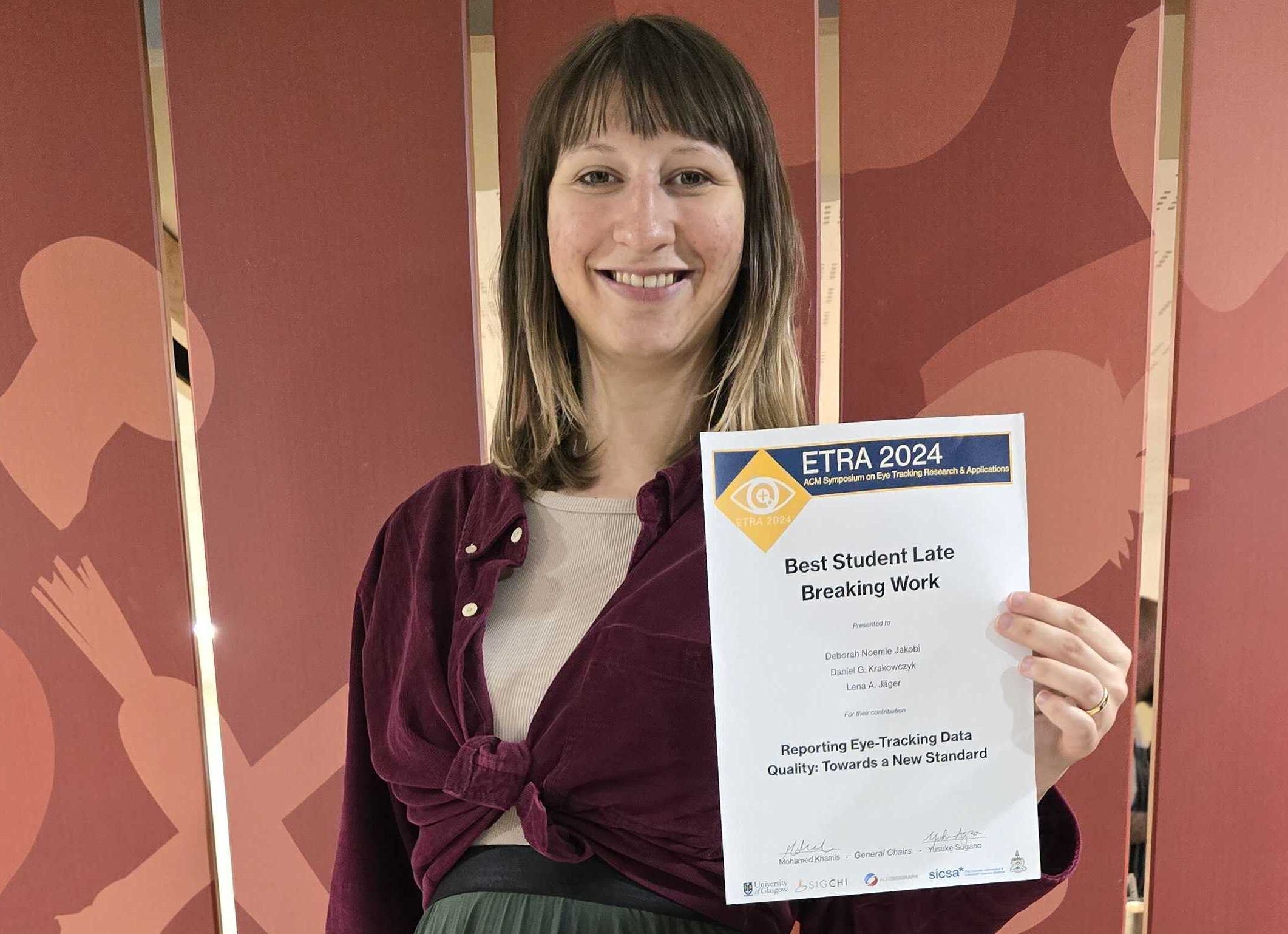
We are proud to announce that Deborah Jakobi, Daniel Krakowczyk, and Lena Jäger won this year's award for best student late breaking work at ETRA 2024 for their work: Reporting Eye-Tracking Data Quality: Towards a New Standard!
At this year's ETRA we are presenting a paper accepted to Late Breaking Work. We present our approach to share eye-tracking data more transparently and easier to reuse and how data quality can be meaningfully assesed and reported.
A new paper has been accepted to the Journal of Memory and Language. It presents a new and innovative method to collect reading times which is called MoTR: Mouse Tracking for Reading.

From May 16 - 17 the MultiplEYE WG1 and WG3 met in Kaunas, Lithuania, to discuss the state of the experiment and provide support such that everyone can get started on the data collection.
Lena Jäger will be speaking at the Data Protection Law Congress on May 22 at the University of Zurich. At the congress, different speakers will be talking about the revised data protection law that has been in effect since a while now. New technologies like ChatGPT require constant discussion of how to create laws that take the ever-changing AI applications into account.

At this year's ETRA, members of our lab are co-organizing a workshop called "MultiplEYE: Eye-tracking in Reading". One workshop is to disseminate the work that has been put into this large-scale data collection so far and share it with other researchers in the field as well as foster even more collaboration.
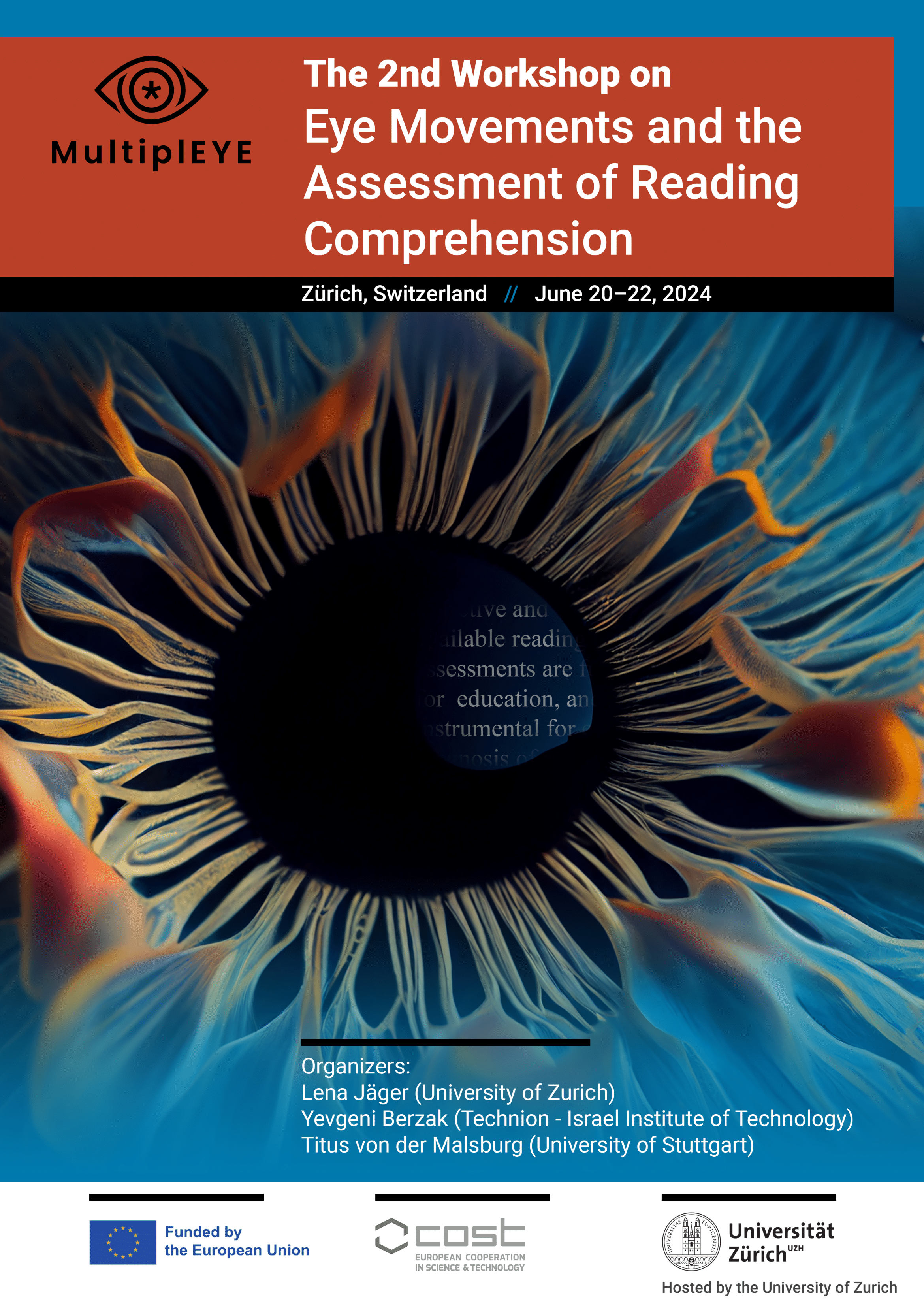
We are delighted to announce that we will host the second workshop on "Eye Movements and the Assessment of Reading Comprehension" in Zurich on June 20–22, 2024! The workshop is sponsored by the MultiplEYE COST action.
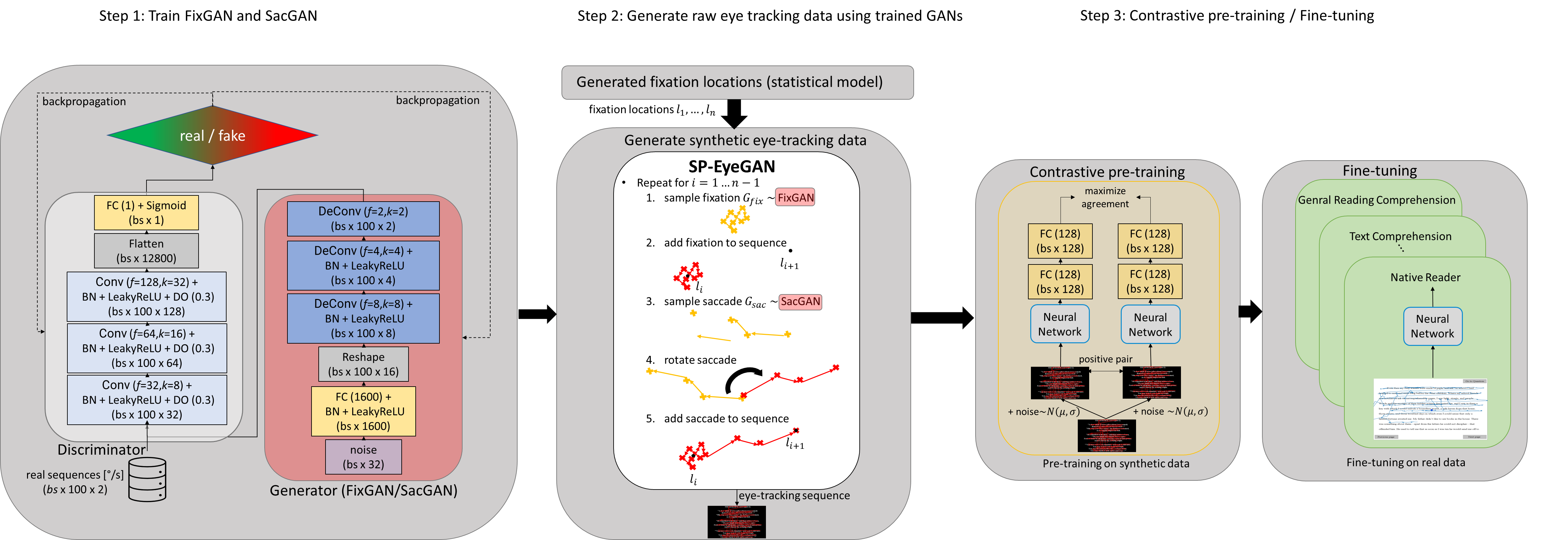
In our new paper, we explore how synthetic eye gaze data can be used to improve cognitive-state analysis.
Our new paper accepted to LREC 2024 shows how diverse populations influence cognitively-inspired NLP.
We recently published a new preprint that presents the Potsdam Textbook Corpus (PoTeC). PoTec is a German eye-tracking-while-reading corpus.

At the 2023 version of EMNLP, two of our researchers presented their work.
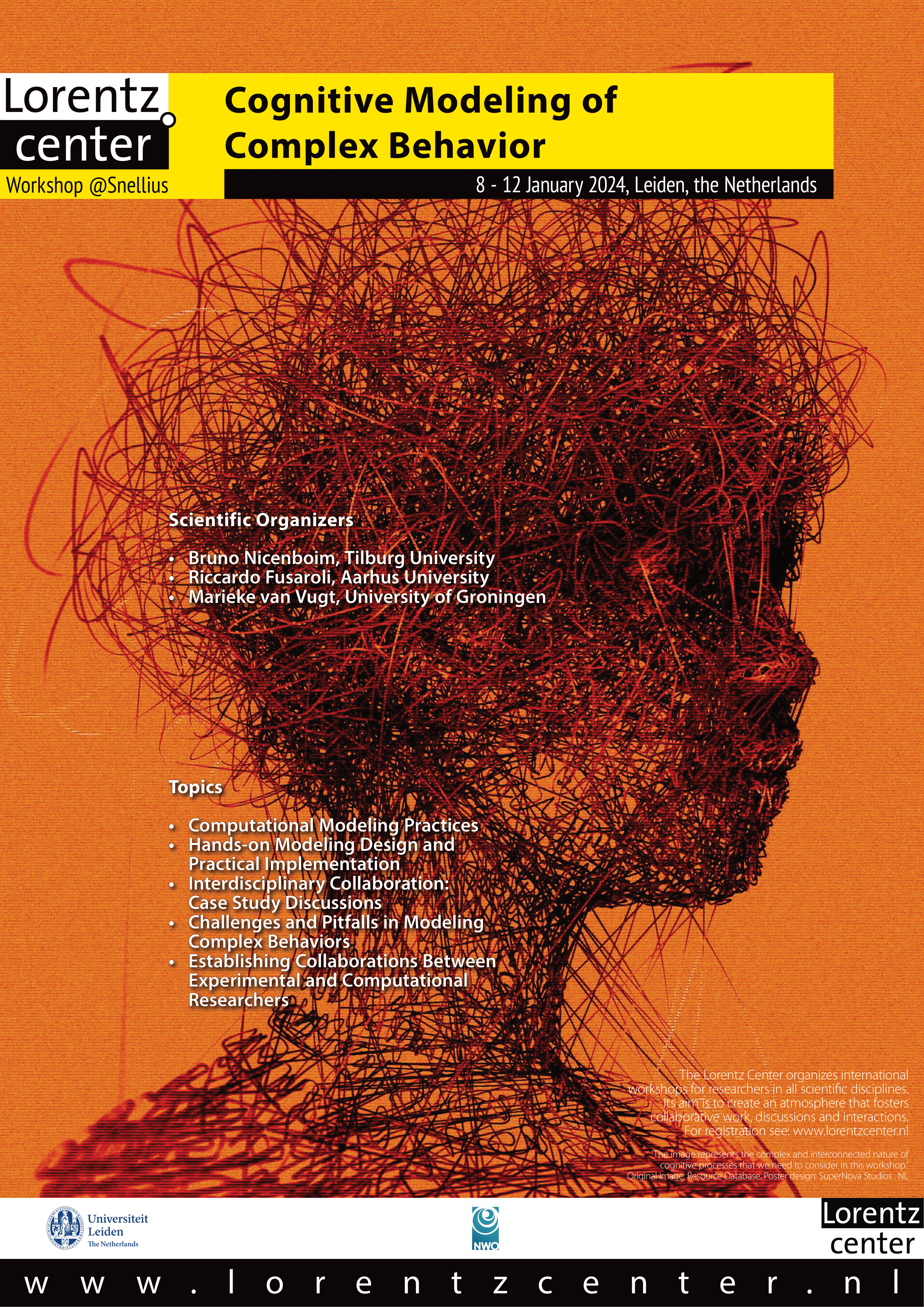
Lorentz Workshop on Computational Modeling of Complex Behavior, organised by Bruno Nicenboim (Tilburg University), Riccardo Fusaroli (Aarhus University), and Marieke van Vugt (University of Groningen) in Leiden, NL
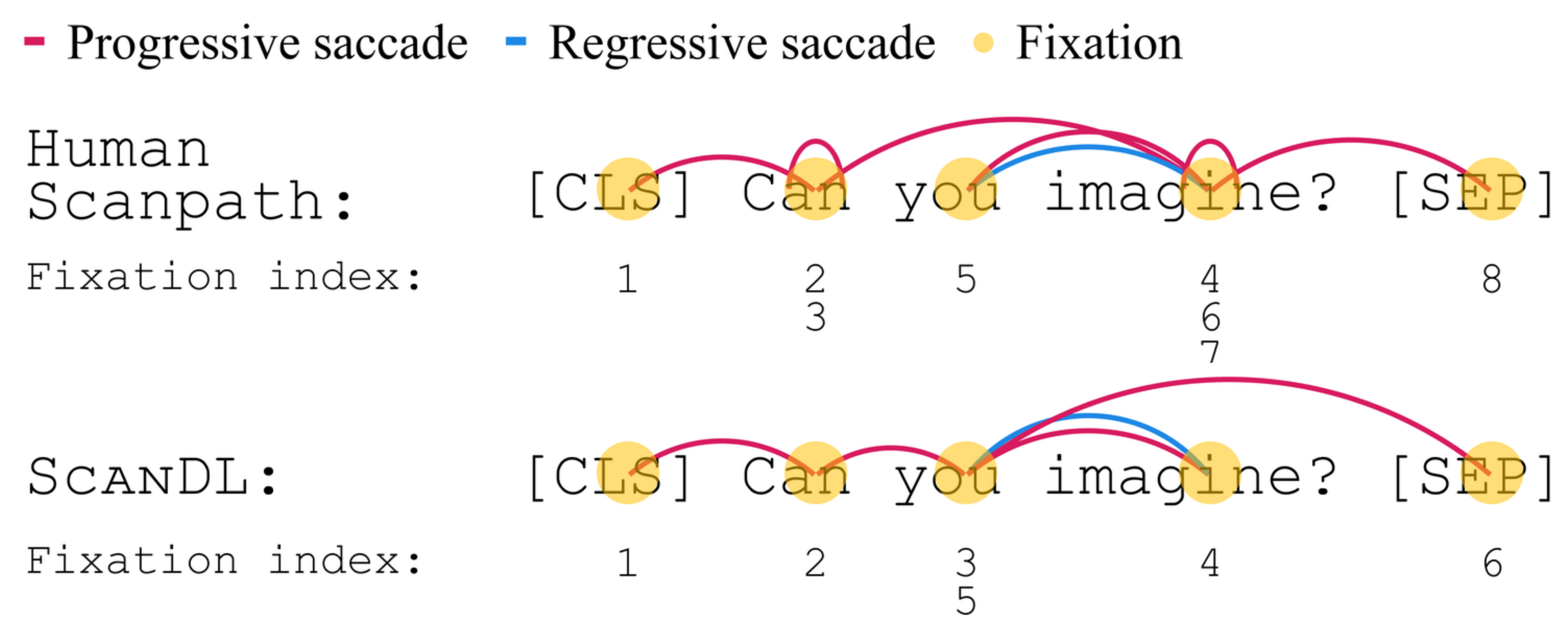
One of our research goals is to explore how to use synthetic reading data to make large language models more human-like. We have recently published two papers that show the potential of such endeavours.
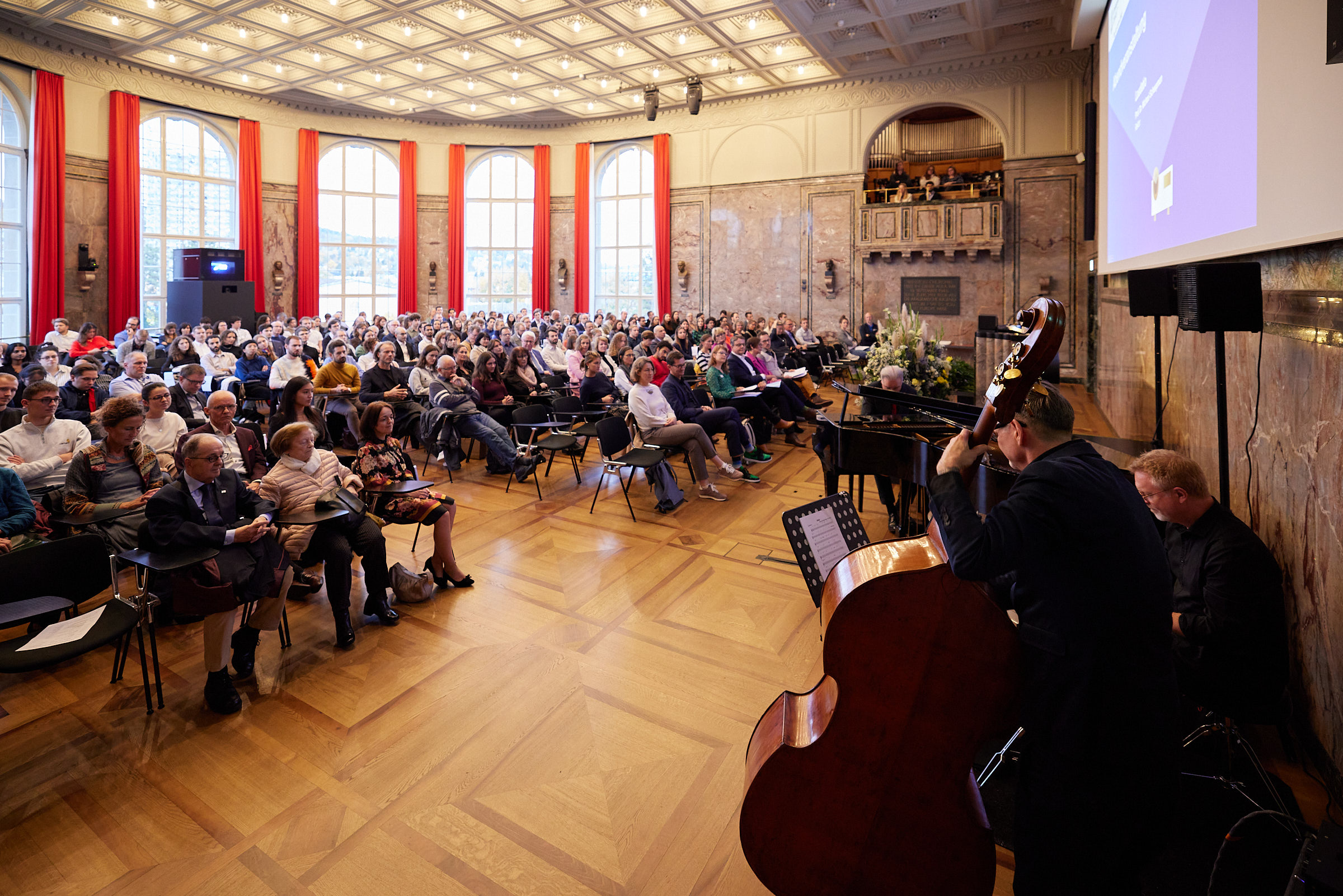
We are pleased to announce that Cui Ding has won this year's semester award for her outstanding Master's thesis!
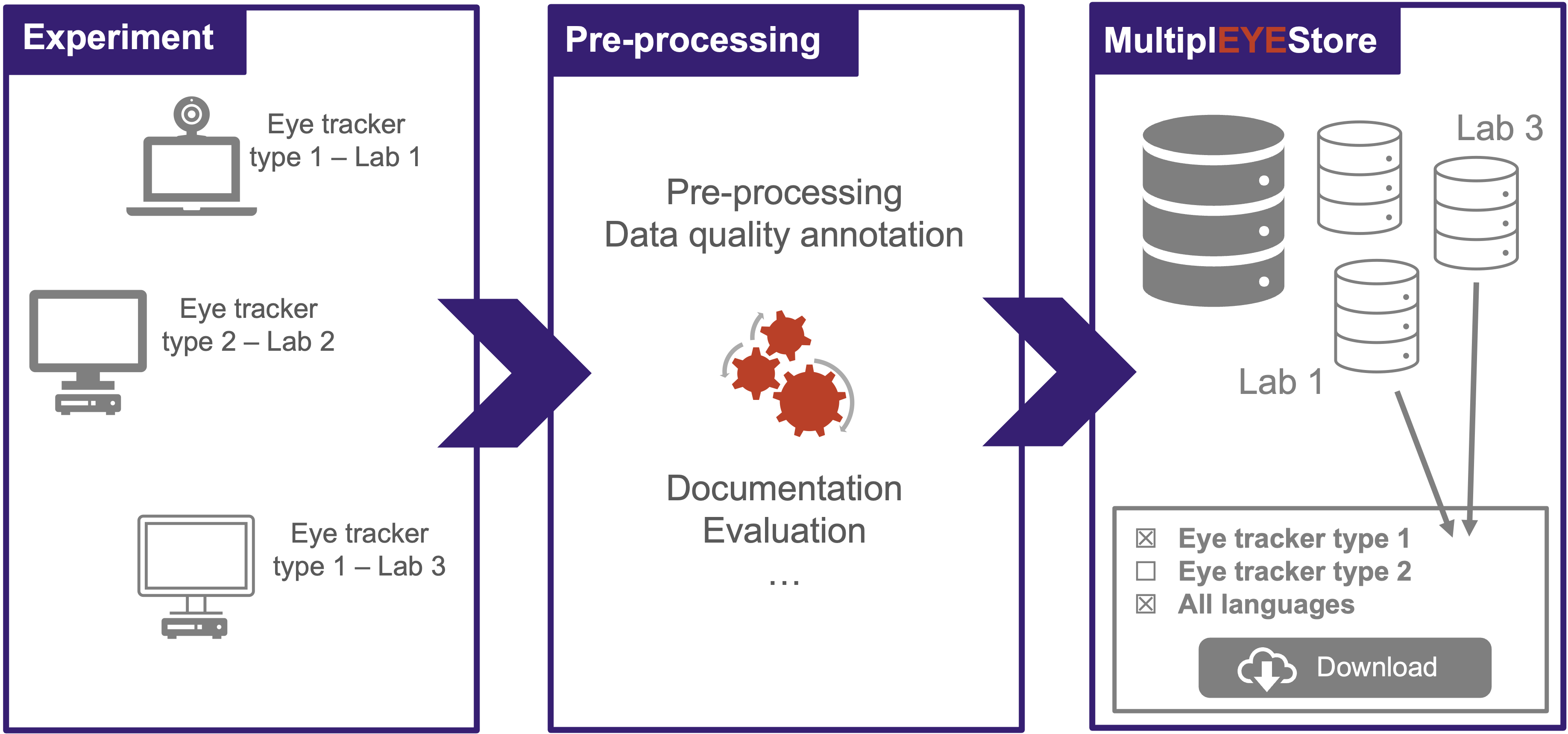
At this year's Crosslinguistic Perspectives on Processing and Learning (X-PPL) workshop we had the chance to present our current research with a talk and a poster.

We are happy to share that our new paper on generating synthetic scanpaths using a diffusion model has been accepted to EMNLP 2023.
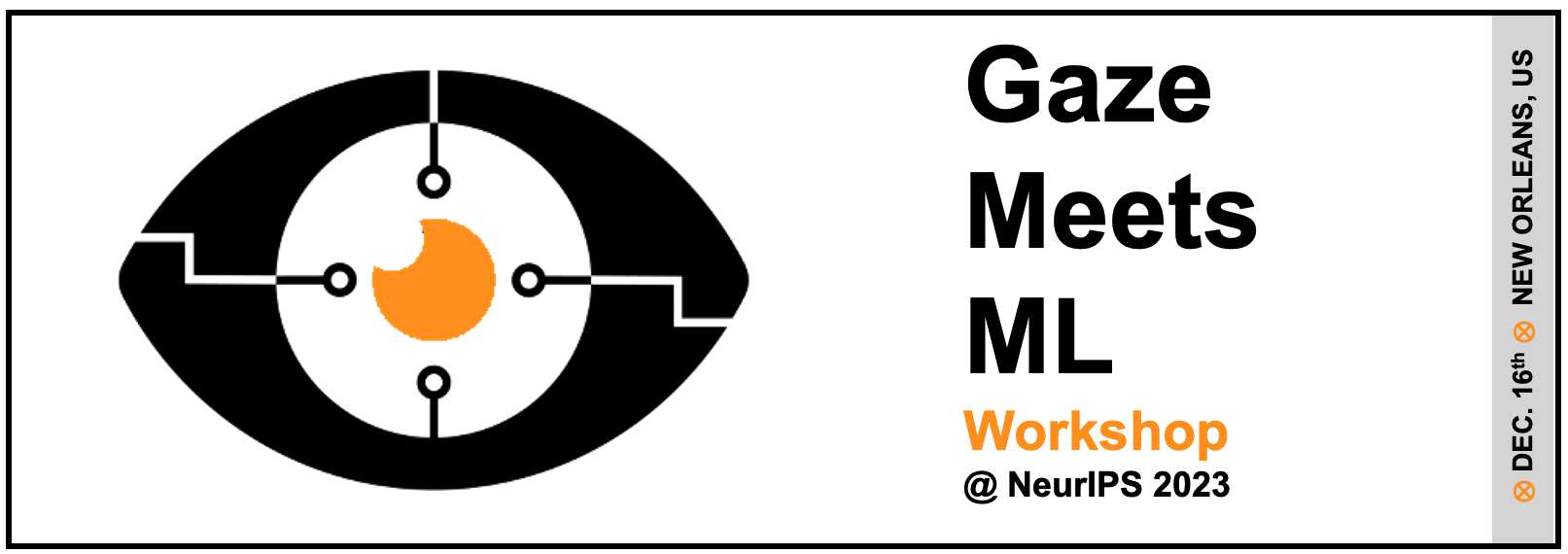
We are happy to share that our new paper on detecting drowsiness and impending microsleep has been accepted to Gaze Meets ML (NeurIPS).
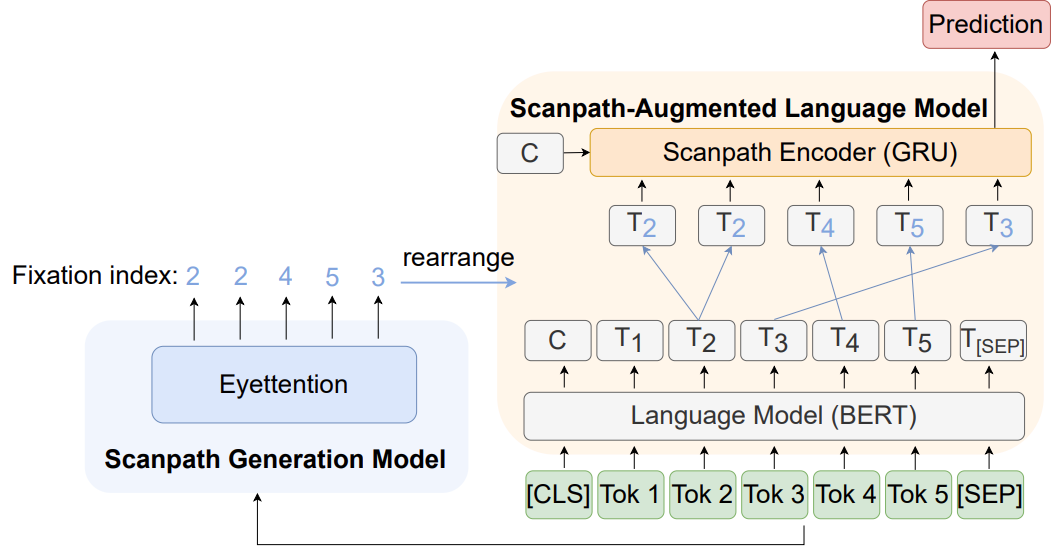
Our new paper on using synthetic scanpaths for NLU downstream tasks has been accepted to EMNLP 2023.

From September 28 - September 29 members from the MultiplEYE COST action met in Zagreb, Croatia, to discuss and brainstrom on the details of the multilingual eye-tracking data collection.
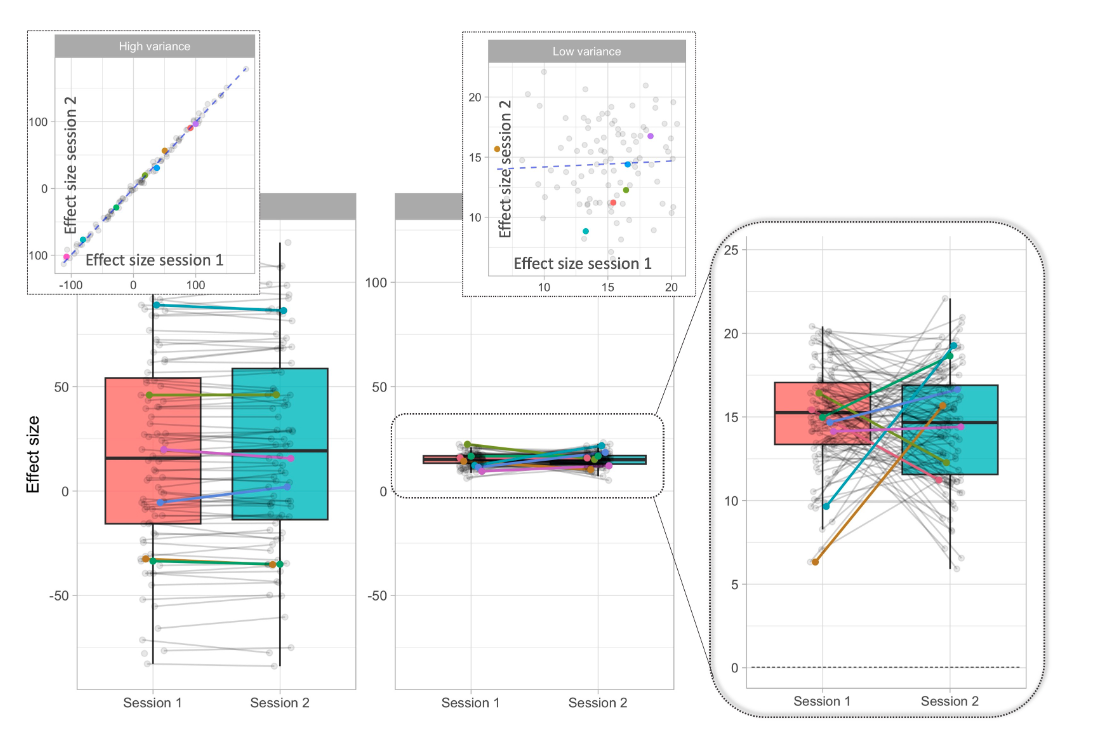
A new preprint by Patrick Haller et al. is now available on PsyArXiv. It is titled: "Measurement reliability of individual differences in sentence processing: A cross-methodological reading corpus and Bayesian analysis".

For our large, longitudinal study "Lesen im Blick", the first children were tested.
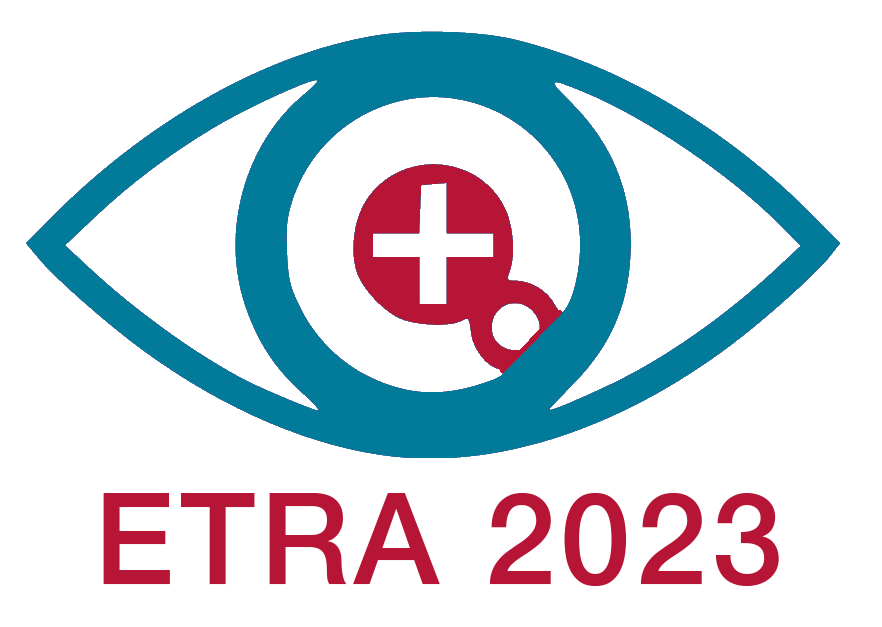
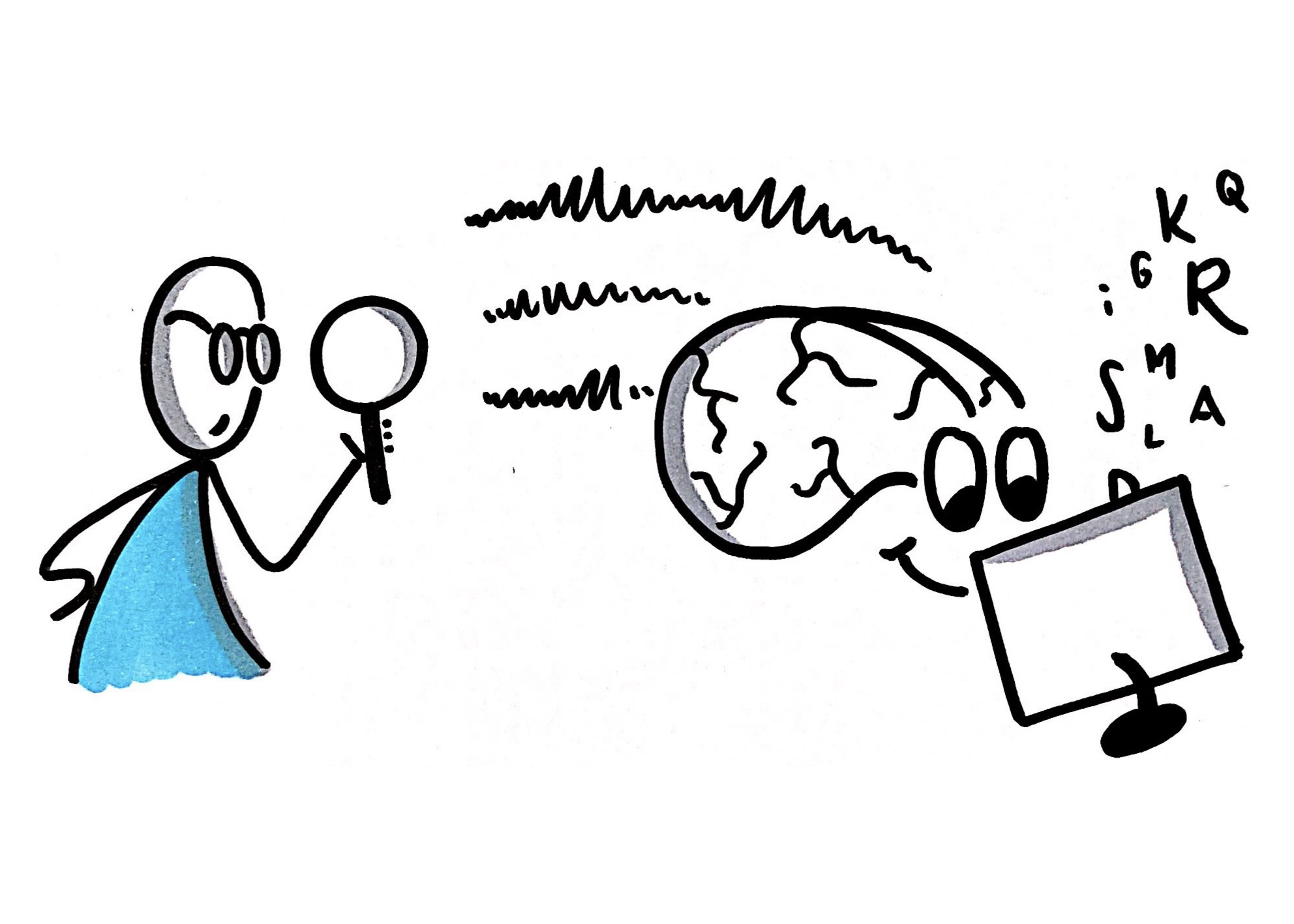
Would you like to write a master's thesis at the Digital Linguistics lab? Check out our open topics!